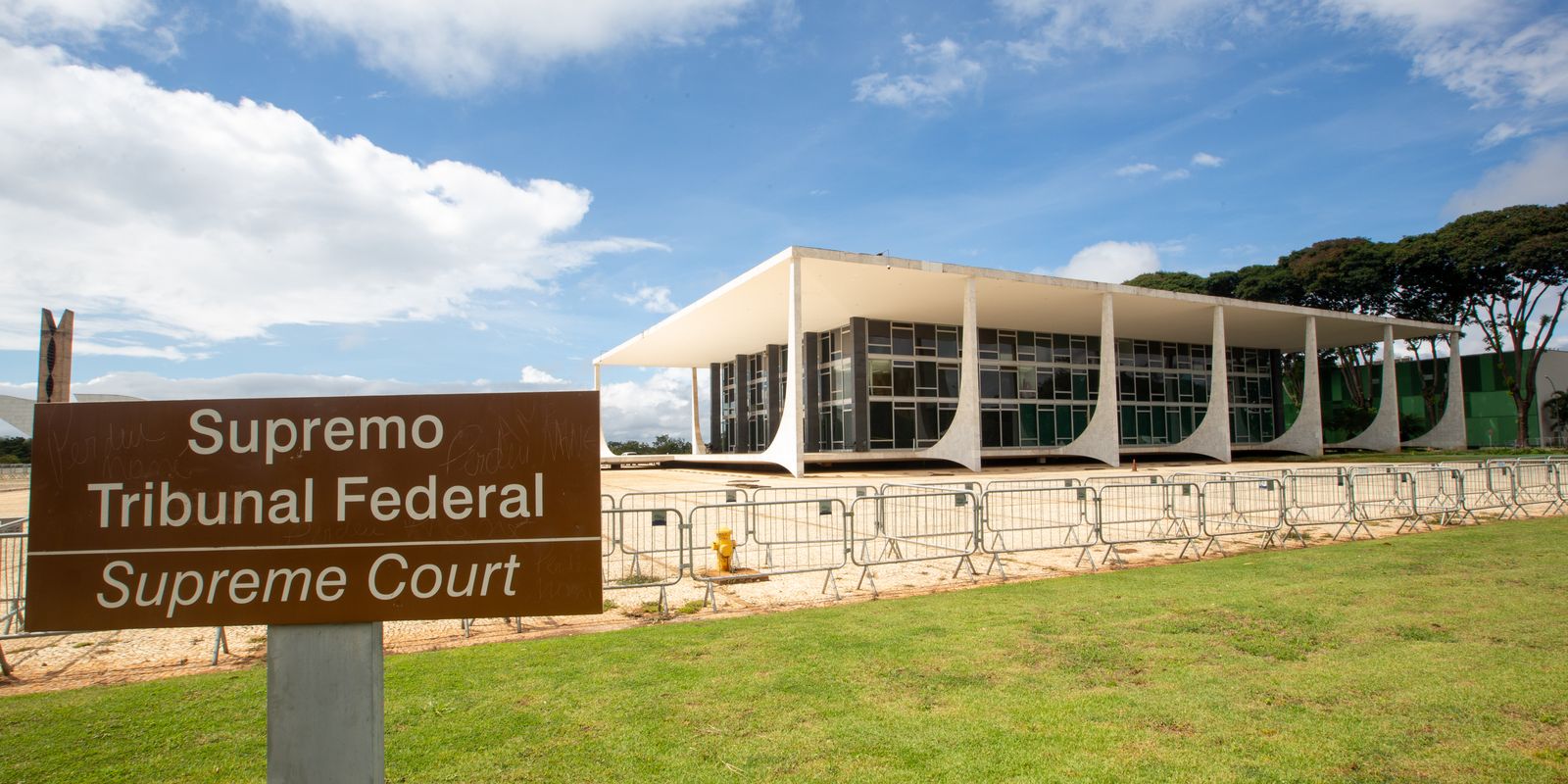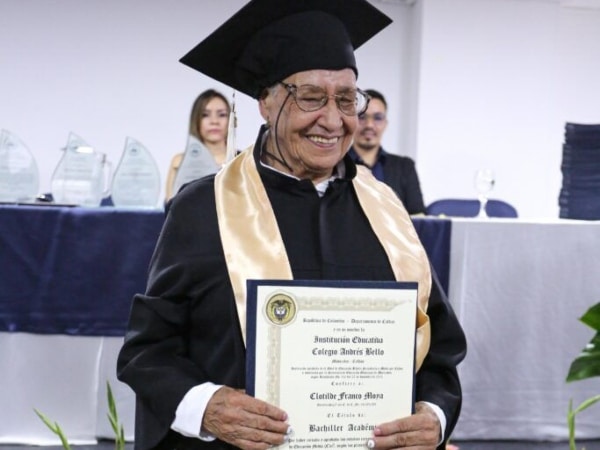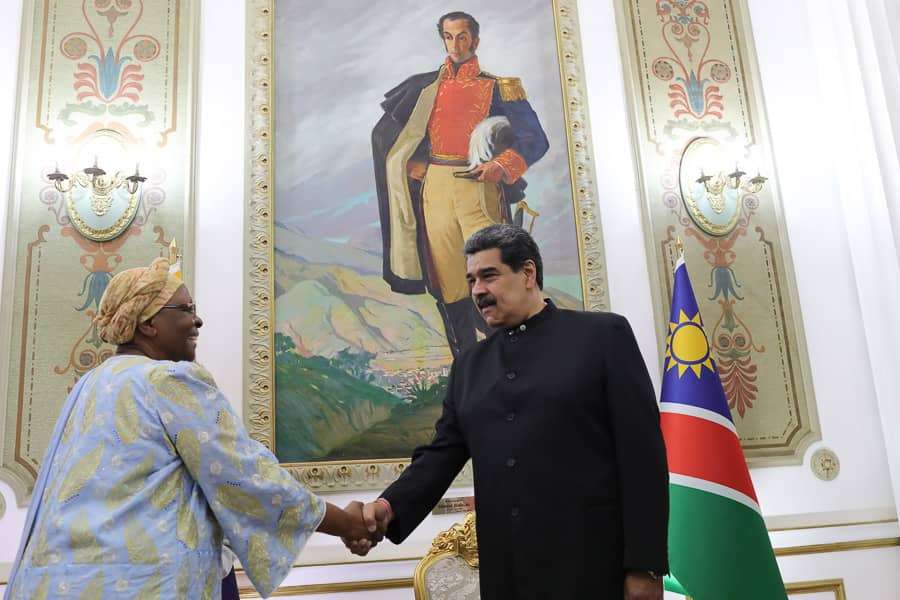Unanimously, the Federal Supreme Court (STF) decided this Tuesday (3) to endorse the individual decision of Minister Flávio Dino that released the payment of parliamentary amendments.
Yesterday (2), Dino decided that the amendments are released for payment, but must follow transparency and traceability criteria. The decision occurred after the sanction of the law that sought to correct the problems highlighted by the STF.
After the decision of the minister, who is the case’s rapporteur, the President of the Court, Minister Luís Roberto Barroso, called an extraordinary session of the virtual plenary so that the decision could be judged by the other ministers.
In addition to Dino, the other votes were given by ministers Alexandre de Moraes, Luís Roberto Barroso, Edson Fachin, Gilmar Mendes, Dias Toffoli, Cármen Lúcia, Cristiano Zanin, André Mendonça, Nunes Marques and Luiz Fux.
In the virtual voting modality, ministers enter the votes in the STF’s electronic system and there is no in-person deliberation.
Understand
In December 2022, the STF understood that the amendments called RP8 and RP9 were unconstitutional. After the decision, the National Congress approved a resolution that changed the rules for distributing resources through rapporteur amendments to comply with the Court’s determination.
However, PSOL, the party that filed the lawsuit against the amendments, pointed out that the decision continued to be in non-compliance.
After the retirement of Minister Rosa Weber, the original rapporteur of the case, Flávio Dino took over the management of the case.
In August of this year, Dino ordered the suspension of the amendments and decided that the transfers must follow traceability criteria. The minister also ordered the Comptroller General of the Union (CGU) to audit parliamentarians’ transfers through amendments to the secret budget.















